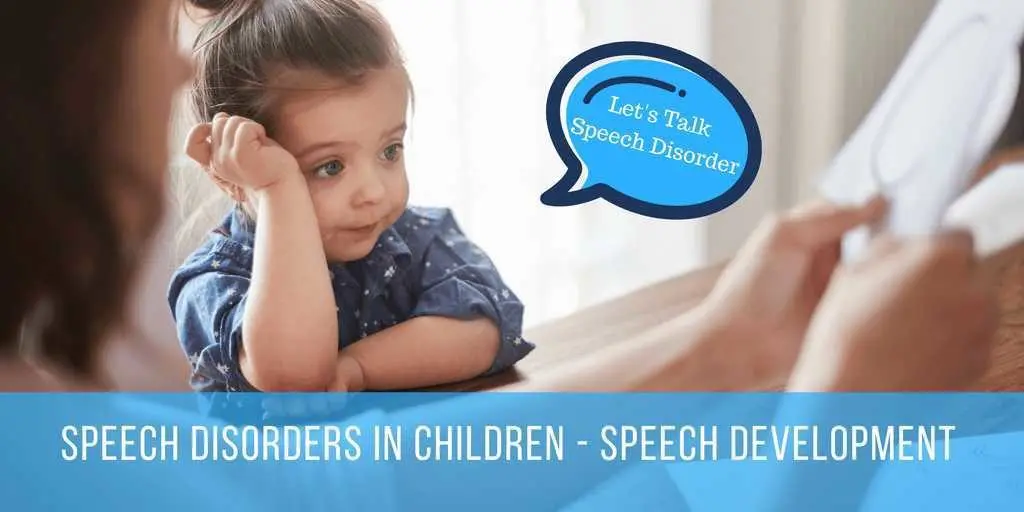Can Speech Disorder be Cured?
Depends on cause
Management aims to improve speech, address underlying cause (if possible)

What is Speech Disorder?
A speech disorder involves difficulty with the production of sounds, fluency, voice quality, or resonance. Treatment may include speech therapy and, in some cases, medications or surgery. Regular monitoring is important for assessing progress in speech development and adjusting interventions as needed.

Clinical Aspects

Characteristics
Impairment in the production of speech sounds or fluency

Symptoms
Difficulty pronouncing words, stuttering

Diagnosis
Clinical evaluation, sometimes imaging

Prognosis
Variable, depends on type and severity

Complications
Impaired speech, potential for social impact
Etiology and Treatment

Causes
Genetic, neurological, developmental factors

Treatments
Speech therapy, behavioral interventions, supportive care

Prevention
Speech therapy, behavioral interventions, supportive care
Public Health and Patient Perspectives

Epidemiology
Common, can occur in any age group

Patient Perspectives
Lifelong management tailored to specific disorder
As always, consult with healthcare professionals for personalized advice and care.
Share: